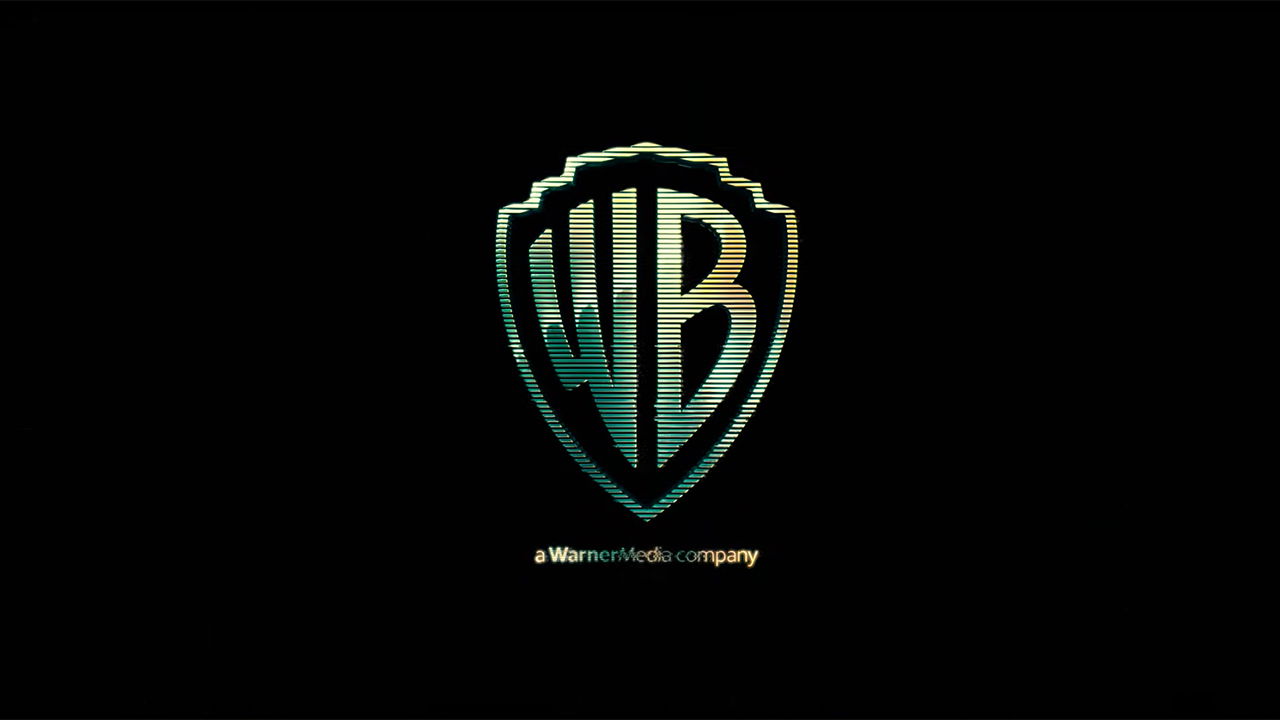
Warner Bros Discovery’s Streaming Operation Adds a Positive Note to an Otherwise Poor Q1 Report
By Movieguide® Contributor
Warner Bros Discovery’s Q1 report revealed a poor start to the year but an upturn in streaming gave the company a positive to point to amid the chaotic streaming landscape.
Warner Bros Discovery posted $10.7 billion in revenue during the first quarter, on pace with Wall Street estimates, but posted a wider-than-expected loss.
The company’s Network, Studios, and Advertising divisions saw significant decreases in revenue compared to where they were at this time last year. Streaming, however, performed better than expected, adding 1.5 million new subscribers while also decreasing operating expenses.
CEO David Zaslav said that the better-than-expected quarter of streaming is a “meaningful turn” in a positive direction. The company said that it expects its streaming operation to become profitable on a full-year basis starting this year, a year earlier than was previously predicted.
The success of Warner Bros Discovery’s streaming operation is expected to continue as the Warner Bros and Discovery merger takes full effect in the combination of their platforms into Max. The success of Max is especially important for the company as it was the selling point to many investors as the merger was going through last year. Max will release later this month.
The company attributes the poor Q1 to a challenging economic environment. Other media companies are experiencing similar difficulties, such as Paramount Global which suffered its worst single-day stock decline earlier this month. Still, Warner Bros Discovery will need to find some way to endure the downtrodden economy, as the company is carrying $49.5 billion in debt following the merger that took place last year.
Movieguide® previously reported on Warner Bros Discovery:
New streaming service ‘Max’ is expected to release in the upcoming months, combining HBO Max with Discovery.
When Warner Bros and Discovery merged last April to form Warner Bros Discovery, a critical selling point to shareholders and investors was the potential for a top streaming service that could rival Netflix and Disney+. David Zaslav, CEO of Warner Bros Discovery, will soon find out if the merger that he spearheaded, which left the company with $50 billion in debt, was worth it.
Is the future of television streaming?
Max will combine classic HBO series like THE SOPRANOS and SUCCESSION with popular Discovery series like DR. PIMPLE POPPER and FIXER UPPER, providing users with a large content library of both scripted and unscripted shows.
The streaming service is expected to debut at $16 a month, the current price of HBO Max. The streaming service will include several price tiers, including a less expensive option that includes ads.
Warner Bros Discovery has had a rough first year, indefinitely delaying projects and laying off thousands of employees. Although the headline projects of HBO Max –THE HOUSE OF DRAGON, THE WHITE LOTUS, THE LAST OF US, and SUCCESSION— have found vast success, the amount of time spent on the app is eclipsed by larger streaming sites.
In February, HBO Max received 1.3 percent of total minutes spent by Americans watching television, which is dwarfed in comparison to YouTube (7.9 percent), Netflix (7.3 percent), Hulu (3.3 percent), and Amazon Prime (3 percent). The streaming service’s 96 million subscriber count also seems meager when compared to Netflix’s 231 million and Disney Plus’s 235 million. However, the future of the company isn’t as grim as it may seem.
Since Netflix announced a surprising decline in subscriber count during the first quarter of last year, streaming services have shifted focus from increasing subscriber count to improving profitability as investors speculated that streaming services were hitting a ceiling on subscriber counts. Warner Bros Discovery is projecting that Max will break even on profits as early as next year and may even be profitable by 2025. The company already cut its streaming losses to $217 million, a significant improvement from just a few months prior.
Questions or comments? Please write to us here.


 - Content:
- Content: 

